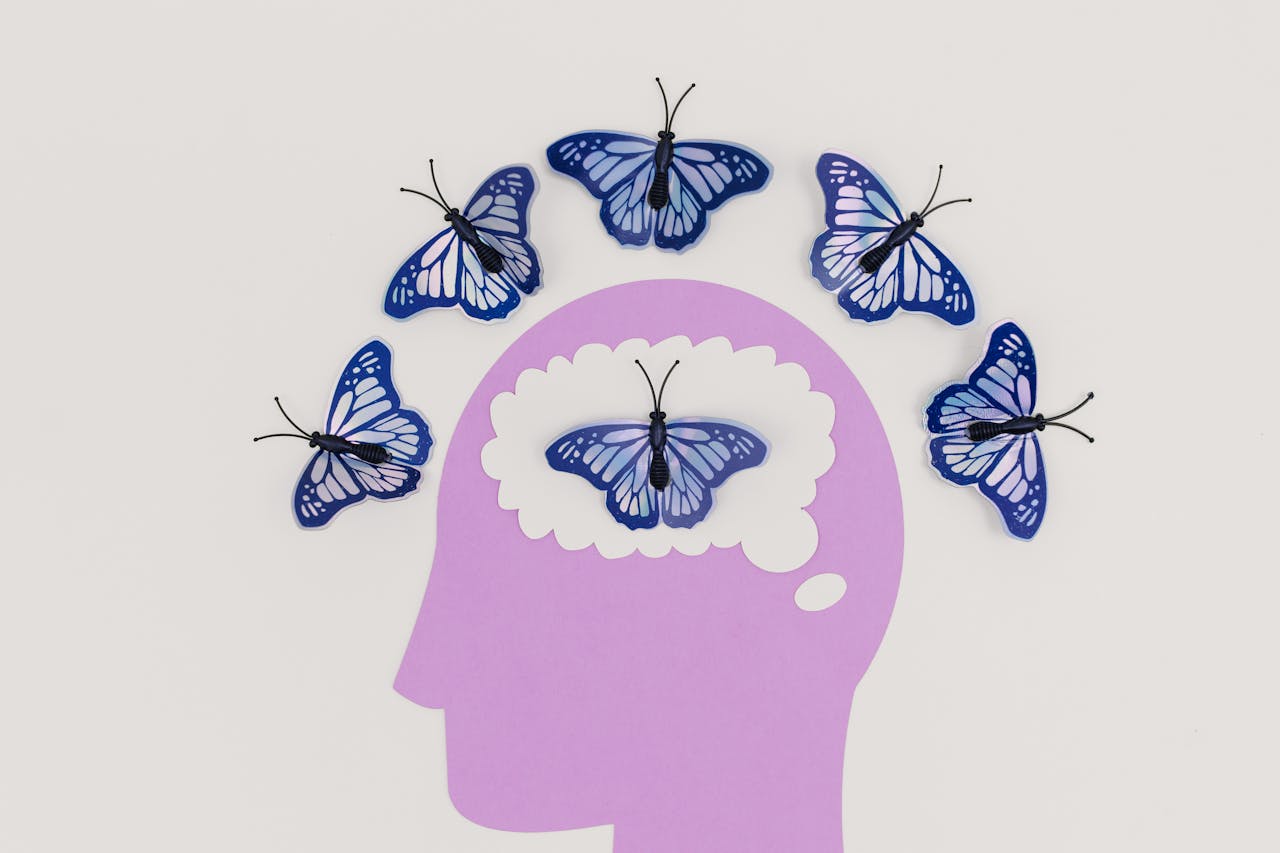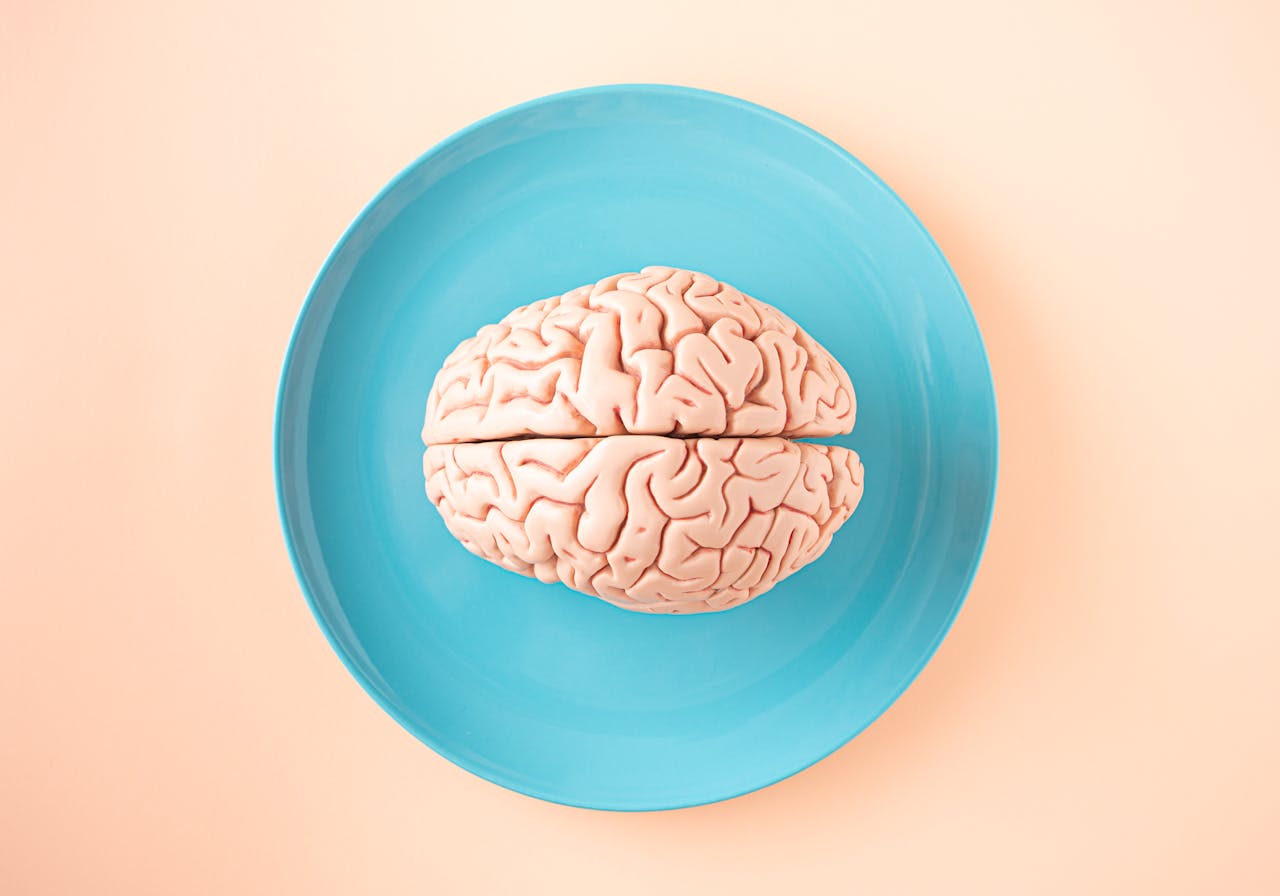Author: WTFreud
-
Placebos That Work—Even When You Know They’re Placebos

In a groundbreaking study, researchers have found that non-deceptive placebos—treatments where participants know they’re receiving a placebo—can significantly reduce stress, anxiety, and depression. This discovery offers a promising, low-effort tool for managing mental health, particularly during prolonged stressful situations like the COVID-19 pandemic. The study involved a medium-risk population and tested the effects of non-deceptive… Read more
-
Hidden Awareness in Patients with Severe Brain Injuries: Are We Underestimating Consciousness?

A groundbreaking study has revealed that patients with severe brain injuries, previously believed to be completely unresponsive, may still possess a surprising degree of cognitive awareness. The research, conducted across six international centers, suggests that one in four individuals diagnosed with conditions like coma or a vegetative state might be “listening” and even understanding their… Read more
-
Video Games May Have Boosted Mental Well-Being During COVID-19

A new study, published in Nature Human Behaviour, has uncovered surprising evidence that playing video games can actually improve mental well-being, a finding that challenges some traditional views about gaming. Conducted in Japan between 2020 and 2022, the research focused on understanding how engagement with video games affects mental health, particularly during the COVID-19 pandemic.… Read more
-
Exploring Jerusalem Syndrome: A Rare and Mysterious Psychotic Disorder

Jerusalem, Israel – Jerusalem Syndrome, a rare psychiatric phenomenon, has captured the attention of both mental health professionals and the public due to its unique characteristics. First described in the 1930s by Israeli psychiatrist Heinz Herman, the syndrome manifests as an acute psychotic state in some tourists visiting the holy city. Though debated within the… Read more
-
New Brain-to-Text Device Offers Breakthrough for ALS Patients

A groundbreaking study has unveiled a new brain-to-text neuroprosthesis that significantly improves communication for individuals with severe speech impairments. The device, which was tested on a man with advanced amyotrophic lateral sclerosis (ALS), demonstrated remarkable accuracy in translating thoughts into text. The neuroprosthesis, which uses 256 recording sites in the brain’s speech control region, was… Read more
-
New Alzheimer’s Drug Shows Promise in Enhancing Cognitive Function and Memory

In a groundbreaking study, researchers have unveiled a promising new drug, DDL-920, which appears to significantly improve cognitive performance and memory in animal models. This advancement holds particular promise for treating Alzheimer’s disease and potentially other neurological and psychiatric disorders. DDL-920’s effectiveness is rooted in its ability to enhance gamma oscillations in the brain. Gamma… Read more
-
New Study Reveals How Your Political Beliefs Are Shaped—and When They’re Likely to Change

In a recent study, published in the journal Personality and Individual Differences, researchers have uncovered new insights into how political beliefs are formed and what influences them over time. The findings suggest that the process of shaping political attitudes is more complicated than previously thought, with important implications for both individuals and society as a… Read more


